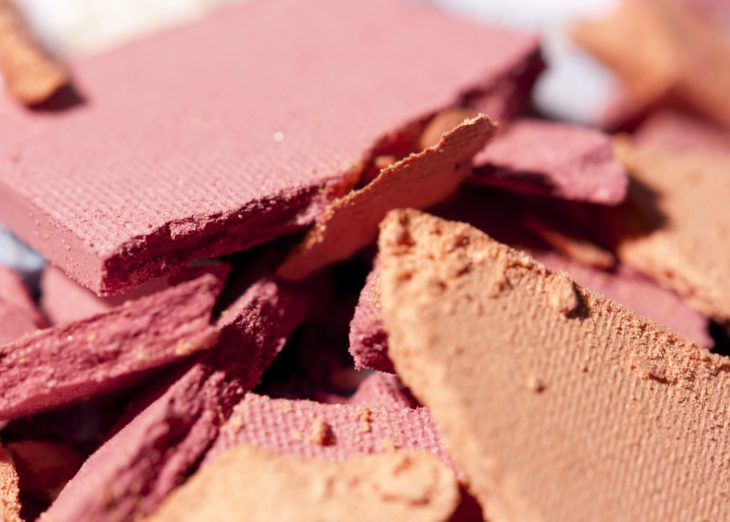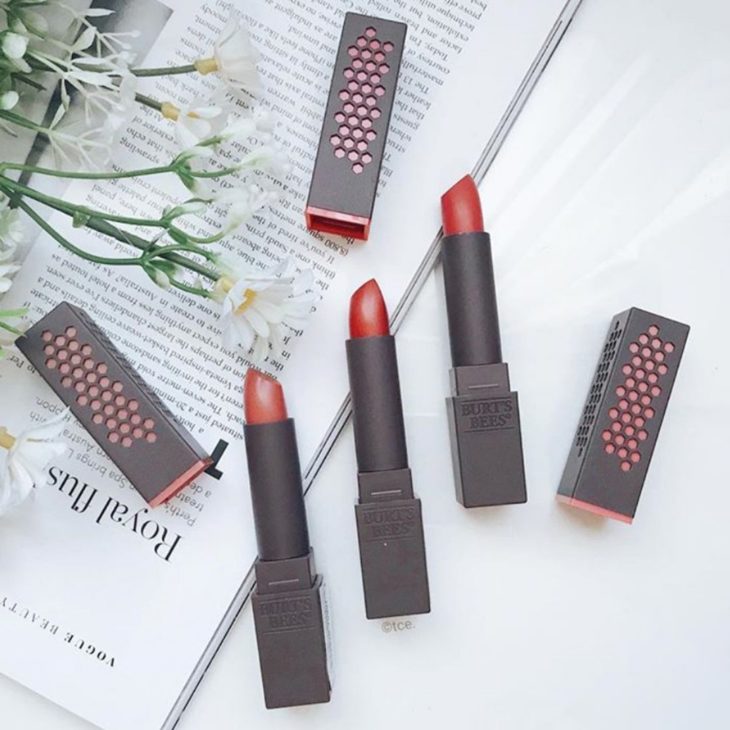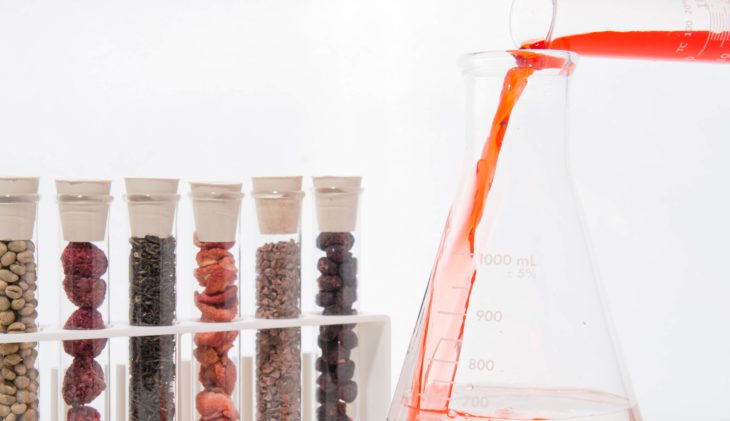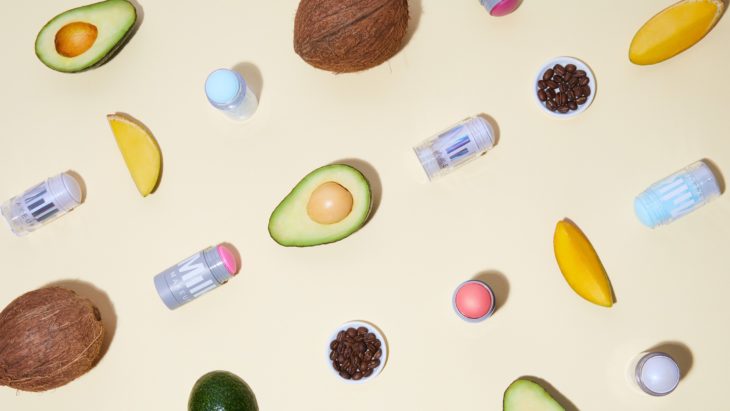It’s January, and it’s that time of year when many of us try something new. For some, this involves going vegan for Veganuary whether you try this for your love of animals, health choices, environmental impact, or just to give it a go.
With so many vegan alternatives in our supermarkets, it is getting more comfortable each year to make the switch and give veganism a go. Consumers are no longer limited to tiny sections offering a limited choice of bland soy products and questionable egg-free mayonnaise. Instead, there are now aisles dedicated to this fashionable lifestyle that is just as good as their animal counterpart, if not better!
If you are giving Veganuary a go this year, you need to be sure you don’t easily fall at the first hurdle. We don’t mean sneaking a bit of cheese when your cravings get too much, did you know animal products are used in your cosmetics? Flawless Lashes by Loreta, a luxury provider of eyelash products and courses, are wanting to help those who may be going into this challenge blindly and need some help to achieve their goal. You can see a range of award-winning lashes by Flawless Lashes by Loreta here.
Veganism isn’t just about what you eat, but about everything you use and buy, including clothing, such as leather shoes and wool jumpers to cosmetics like shampoo and lipstick. Even household items, such as candles, can contain animal products. Many vegan products on our shelves proudly hold the Vegan Society logo so we can identify them with ease.

Source: medium
However, animal by-products are always listed in your cosmetic ingredients but only as their ingredient name. Without prior knowledge of what these are, many consumers are completely unaware of what these ingredients consist of. Rarely will cosmetics state they are not suitable for vegetarians or vegans.
Be careful not to confuse cruelty-free with vegan. Although both are a positive attribute for all animal lovers, cruelty-free simply means the products were not tested on animals; it does not mean they do not contain animal products.
A recent study by Flawless Lashes by Loreta revealed a shocking 36% of non-meat eaters were completely unaware that animal products were used within the cosmetic industry.

Source: twitter
Below is a list of commonly used animal products within the cosmetic industry to watch out for this Veganuary:
- Carmine – this is a color commonly used in lipsticks, blusher, and nail polish. Also known as ‘natural red 4’, ‘E120’, and ‘C.I75470’, carmine is made by crushing tiny insects known as cochineals to create vibrant red many fashionistas crave.
- Shellac – it is unlikely you have not heard of shellac before, especially if you enjoy getting your nails done. However, shellac gets its name from the lac bug. Millions of these little creatures are crushed every year to use the benefit of their strong shells to give your manicure strength and shine.
- Lanolin – this is made from sheep’s wool and is used within lip balms, glosses, and sticks. There is a plant-based version available as lanolin is a common allergy, and this falls under the same name, so be careful which one you are buying.
- Guanine – we all love a bit of shimmer on our faces, especially during party season, but the origins of these products are far less glitzy. To create loved shimmer in eyeshadows and highlighter, it used fish scales known as guanine.
- Tallow – you find this in many products but most commonly in nail polish, soap, foundation, and eye makeup. Tallow consists of animal fat from farmyard animals and can also be listed as “oleic acid”, “oleyl stearate” and “oleyl oleate”.
- Cera Alba – this is more commonly known as beeswax. Cera alba prevents oils and other liquids from separating and aids skin with absorbing moisture. It is used within lip balms, lipsticks, soaps, and moisturizers.
- Keratin – this is a very popular ingredient, and many of us have heard of it and even actively seek it out. Keratin can help strengthen nails and hair, but many of us are unaware that this is a protein taken from the hair and horns of various animals.

Source: 100percentpure
We are under increasing pressure to reduce our carbon footprint and while we may decrease this by walking more, reducing our electricity and gas use and recycling where possible, by lessening our use of animal products, we can make a huge positive impact.
Raising livestock uses an immense amount of resources, from deforestation to graze animals to water for growing crops to be turned into animal feed. Studies have shown it takes more than 2,400 gallons of water to produce 1 pound of beef.
The farming industry also produces a substantial amount of air pollution, including carbon dioxide, methane, and nitrous oxide, that contributes to the growing issue of global warming.
By making lifestyle choices, no matter how small, you can help to protect the planet by reducing your ecological footprint.
The same study by Flawless Lashes by Loreta also revealed 34% of vegetarians still knowingly used cosmetics that contained animal products. What factors contribute to this vary, but worryingly, vegan makeup is, on average 23% more expensive than the non-vegan alternative.

Source: allure
Although the vegan market is growing throughout the industry, vegans are still limited to certain brands, and it appears vanity can take place over ethics when choosing makeup. The majority of celebrity-endorsed brands are realizing this call for change and becoming vegan. However, this celebrity endorsement comes with the branded price tag.
Industries are constantly under pressure to reduce their carbon footprint; the fashion industry has felt this pressure and is beginning to change. But the cosmetic industry is yet to be thrown into the spotlight.
If more consumers refused to purchase these animal-based products, perhaps cosmetic industries will start to bend and make changes. With plant-based alternatives readily available, there is little excuse. When markets are flooded with choice, prices may be reduced, making them more affordable for those wishing to make a positive change.
